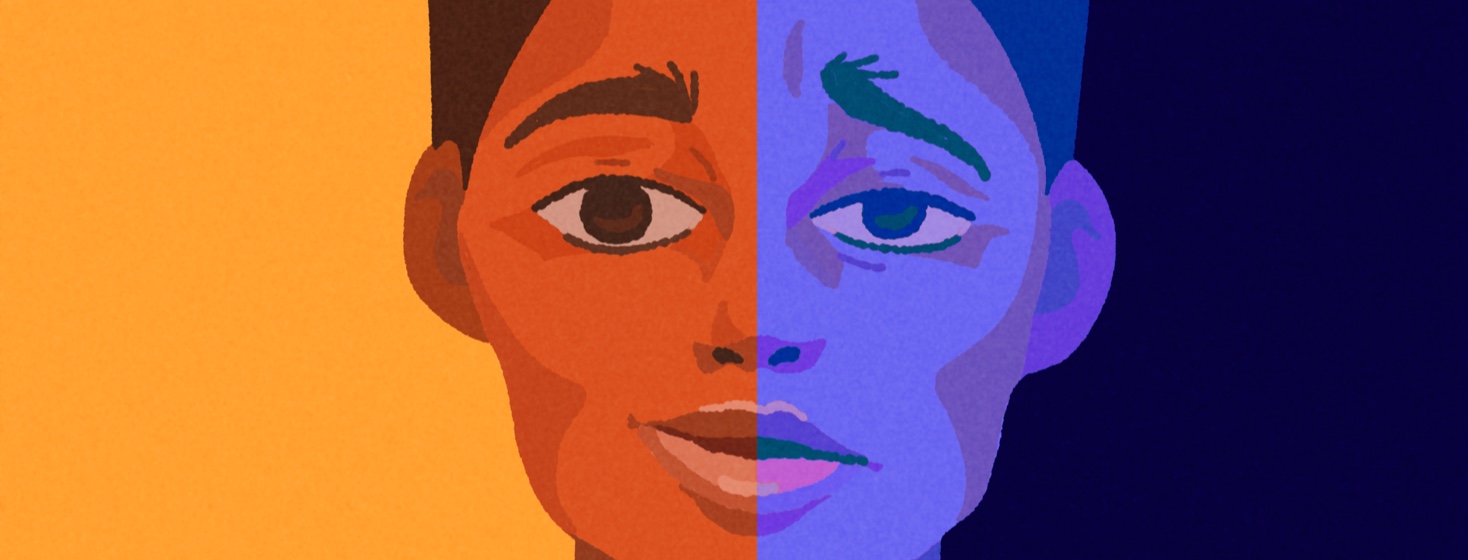The Emotional Journey Of Cancer - Managing the Ups and Downs
Many cancer patients experience psychological and emotional issues after their diagnosis. The mix of reactions includes a wide range of feelings that may change daily, hourly, or even minute to minute. After my diagnosis, I felt uneasy with many unanswered questions.
I was angry about my unexpected cancer diagnosis, worried about the uncertain future, and did not think that others understood the emotional stress I was experiencing.
The emotions after my diagnosis
Denial:Denial could be trouble believing or accepting the fact that you have cancer. I was advised by a wise volunteer from the Leukemia and Lymphoma Society to give myself time to accept the diagnosis. She was right. It took me months to recognize and manage the cancer diagnosis.
Feeling overwhelmed: My life felt out of my control. Will I survive? My normal routine has been disrupted by endless physician appointments and treatments. At times I felt helpless and lonely. I discovered that knowledge is power. I read, asked questions, and learned all that I could about blood cancers, treatment, and prognosis. I tried to stay busy with activities that I love. I also recognized my feelings of anger, fear, and frustration, and decided not to keep them inside. I talked to my supportive husband, close friends, and other fellow cancer survivors who shared the same concerns.
Feelings of sorrow: Thinking about changes in my life made me sad. Grief is a natural response to loss. The stages of grieving include denial, anger, and finally, acceptance. At times I was nervous, short-tempered, cried, and had a hard time concentrating. I experienced scanxiety before my scheduled diagnostics. Fortunately, my health care provider recognized these feelings and made every effort to explain all and develop a health care plan.
Guilt: Some patients experience feelings of guilt or blame that they may be responsible for the cancer diagnosis, or guilt that they have survived when others did not. It is important to acknowledge these feelings. And it's okay to forgive yourself.
Spirituality: Life may take on a new meaning. One may search for what now gives life quality and meaning. I renewed my commitment to spiritual practices. This spirituality has improved my coping and quality of life.
Gratitude: Initially, I would have laughed if anyone told me to be grateful while living with cancer. However, after time, I have come to realize that my cancer journey has been a wake-up call to realize what is important in my life. I have begun to enjoy the little things in life that I had taken for granted. Now I go places, do things that bring joy, and appreciate my faith, family, and friends. Perhaps a short flight to visit loved ones could lift spirits.
How to cope with the emotional highs and lows
People often overlook the emotional responses that people with cancer may experience. In addition to physical side effects, the patient may experience emotional highs and lows. The individual is forced to consider his or her mortality and these thoughts may turn into intense fears.
The following are ways to cope with emotions as a cancer survivor:
- Express your feelings. Talk with family, clergy, a therapist or participate in a support group. After speaking with fellow cancer survivors, I discovered we share similar feelings. It was comforting to know that I was not alone.
- Look for the positive. This may not be easy but try. Look for reasons to have hope, write them down. I experienced complications after my first two chemotherapy treatments that required hospitalizations. I celebrated my third treatment when I did not need to be hospitalized.
- Find ways to help yourself relax. Yoga, meditation, guided imagery, and journaling have helped me relax and enjoy life as a cancer survivor.
Adjusting to emotions takes time. Seek support, turn to loved ones and fellow cancer survivors, and consider the above suggestions. There is life as a cancer survivor. Appreciate every moment.

Join the conversation